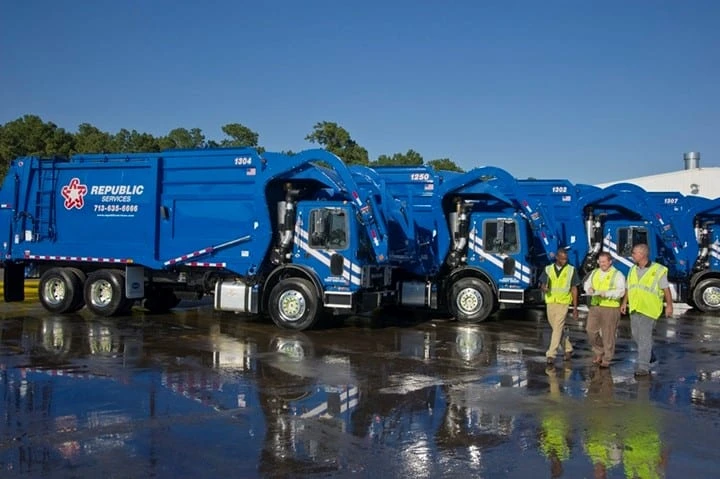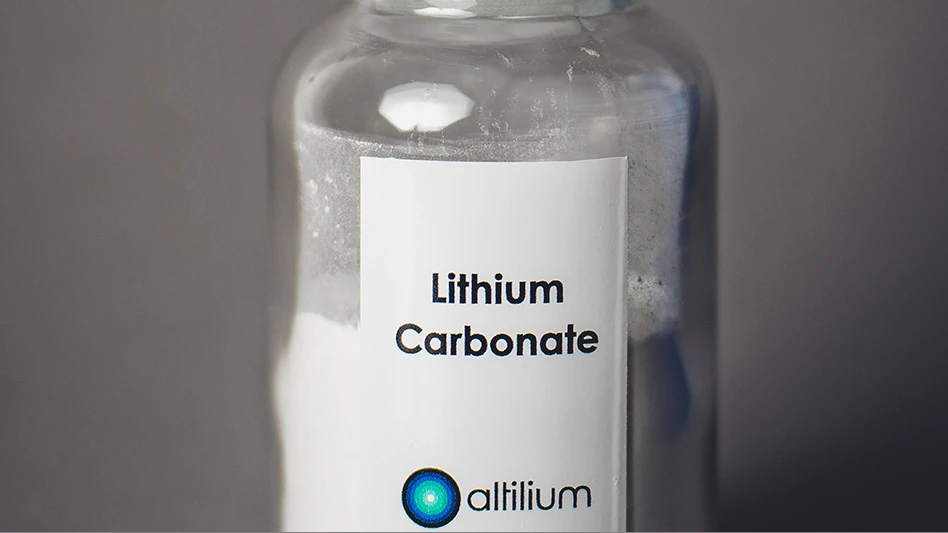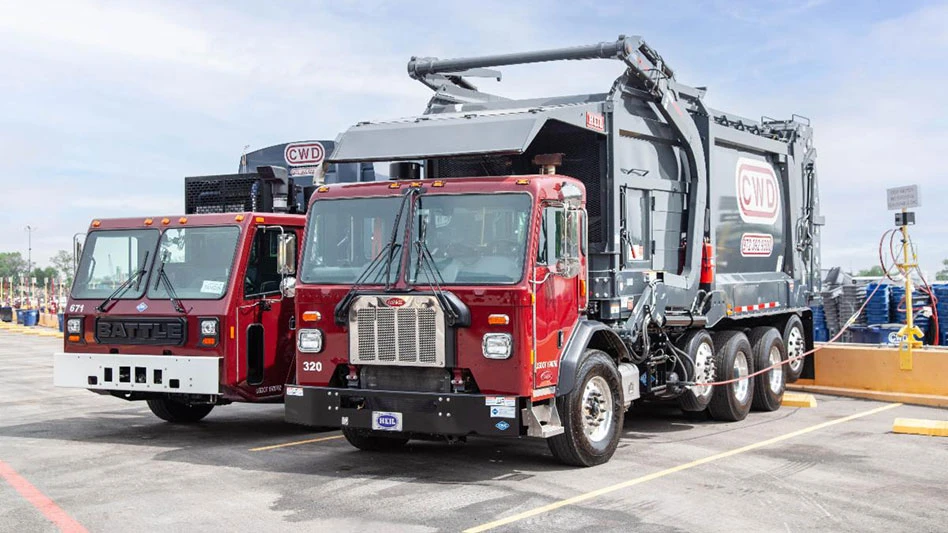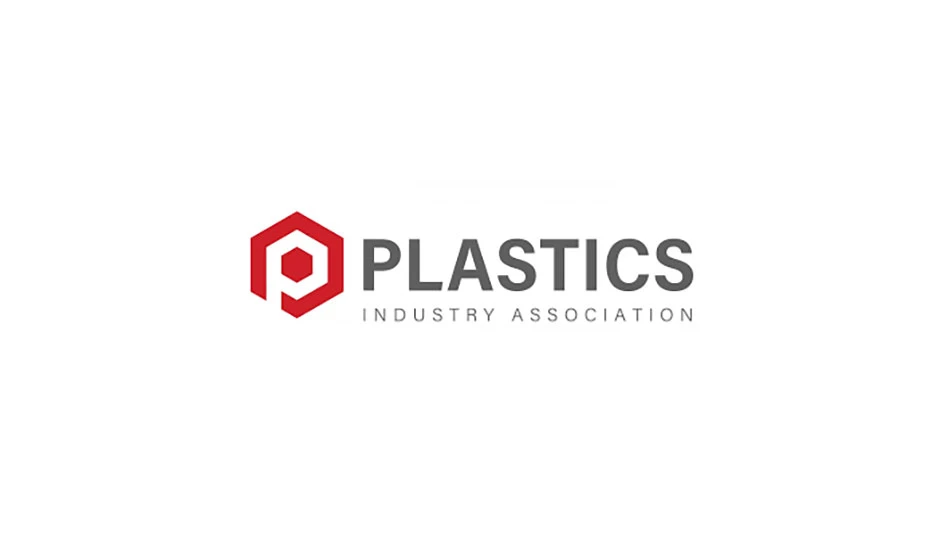
Republic Services President and incoming CEO Jon Vander Ark announced that the Phoenix-based company closed on its acquisition of Cleveland, Tennessee-based Santek Waste Disposal May 5. The announcement came as part of the company’s Q1 earnings call.
“We continue to drive profitable growth and believe that investing in acquisitions with attractive returns is the best use of free cash flow to increase long-term shareholder value,” Vander Ark said. “Earlier today, we closed the acquisition of Santek. We welcome these new employees to the Republic team, and we look forward to integrating these high-quality assets into our business. Our pipeline of acquisition opportunities is strong, and we remain on track to invest at least $600 million in acquisitions for the full year.
“It's unique in the sense that you rarely find an acquisition that has this level of postcollection assets and infrastructure, but we're taking on 11 landfills,” he continued. “I would say that it fits perfectly into our footprint [and] kind of layers into the Southeast, mid-Atlantic [regions]—so part of the country where we've got lots of strong assets and … we pick up a few new communities, as well. So that provides a platform for follow-on M&A and tuck-in deals that allow us to grow further on that front.”
The U.S. Department of Justice (DOJ) announced March 31 that Republic Services would be required to divest waste collection and disposal assets in five states in order to proceed with its acquisition of Santek.
Under an asset preservation stipulation and order filed April 9, New York City-based private-equity firm Kinderhook Industries—with its portfolio companies of Columbia, South Carolina-based Capital Waste Services and Birmingham, Alabama-based EcoSouth—would be the proposed acquirer of Santek’s Rhea County Landfill in Dayton, Tennessee; the Murray County Landfill and Transfer Station in Chatsworth, Georgia; and the Chattanooga Transfer Station in Chattanooga, Tennessee. The proposed divestiture would also include Kinderhook acquiring additional collection facilities and routes in the Southeast.
Additionally, under the proposed divestiture, Waste Connections, Ontario, would acquire certain Texas collection routes from Santek, as well as assets and property associated with the routes.
Vander Ark addressed the drawn-out closing process and required divestitures that came along with the deal.
“[Santek] was a well-run company for a long, long time. It was a protracted close as we went through the DOJ process. I think the pandemic did us no favors just in terms of the process on that front. But the great news is, we came out exactly where we expected,” he said. “We knew that there were going to be some small divestitures associated with that, and we ended up right on our numbers. So, we feel really, really excited about having those team members join our team.”
As part of the earnings call, Republic CEO Don Slager also addressed his forthcoming retirement. He is slated to hand over the reins of the company to Vander Ark June 25 after more than a decade leading the company.
“As you know, next month will be my last as CEO at Republic Services. So, this will be my final quarterly earnings call with the company. … Republic has been tested many times. 2020 was no different,” Slager said.
He continued, “Republic is on solid ground and operating from a position of strength. Republic has plenty of traction, horsepower and motivation. Republic's leadership is proven, aligned and invigorated. Republic's workforce is professional, well-equipped and highly engaged. … I am so very grateful for the opportunity I've had to serve and to lead here at Republic.”
On the call, Vander Ark expressed what Slager’s tenure has meant for the company.
“It is impossible to overstate Don's impact on Republic Services. He is the architect and champion of ‘the Republic Way,’” he said. “Don will always be known as a visionary who successfully integrated the several hundred acquisitions that have formed the current-day Republic. He strengthened Republic foundation while investing in the capabilities that allow us to drive profitable growth and shareholder value.”
Q1 earnings highlights include:
- First-quarter earnings per share (EPS) were 93 cents, and adjusted EPS was 93 per share, an increase of 24 percent over the prior year.
- Cash provided by operating activities was $661 million, an increase of 11 percent versus the prior year. Adjusted free cash flow was $464.2 million, an increase of 62 percent versus the prior year.
- The company expanded adjusted EBITDA (earnings before interest, taxes, depreciation and amortization) margin 270 basis points to 30.7 percent.
- Total cash returned to shareholders through dividends and share repurchases was $148 million.
- Core price increased revenue by 4.3 percent. Core price consisted of 5.2 percent in the open market and 2.8 percent in the restricted portion of the business.
- Revenue growth from average yield was 2.3 percent and volume performance improved sequentially to 0.8 percent.
- The company's average recycled commodity price per ton sold during the first quarter was $133. This represents a sequential increase from the fourth quarter of 2020 of $23 per ton and an increase of $57 per ton versus the prior year.
- Republic continued to convert consumer price index- (CPI-) based contracts to more favorable pricing mechanisms for the annual price adjustment. The company now has approximately $931 million in annual revenue, or 37 percent of its legacy $2.5 billion CPI-based book of business, tied to the water-sewer-trash index or a fixed-rate increase of 3 percent or greater.
Latest from Recycling Today
- Century Aluminum receives Phase One contract under DOE grant
- Graphic Packaging’s Waco CRB mill targeted for Q4 startup
- Hydro receives $17.4 million in the form of Inflation Reduction Act tax credit
- Ikea store operator announces $1B recycling investment target
- Monadnock Paper Mills attains CSR certification
- Spectro Alloys completes recycling expansion
- Loop Industries sells first license, reports Q3 fiscal 2025 results
- EuRIC warns against restricting scrap exports





